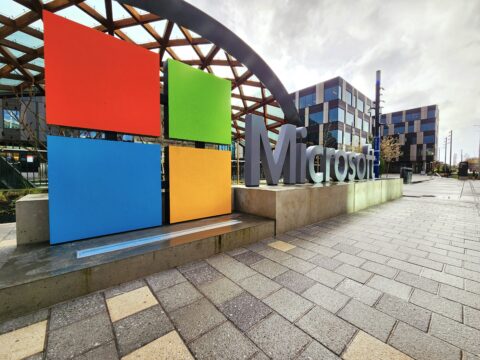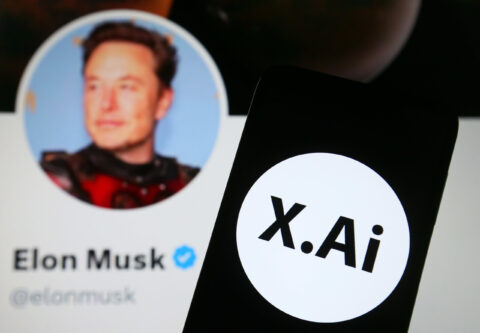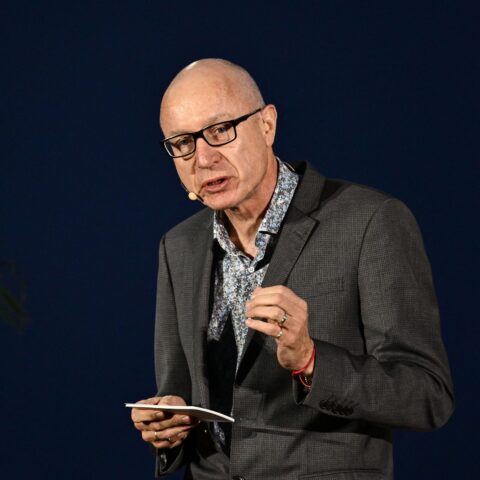Contents
Tesla FSD Approved in China: In a monumental move for the global electric vehicle (EV) industry, Tesla, led by visionary entrepreneur Elon Musk, has secured a pivotal approval for its Full Self-Driving (FSD) technology in China. This breakthrough, announced during Musk’s recent visit to the country, marks a significant milestone for Tesla’s expansion efforts in the world’s largest electric car market. As Tesla continues to navigate the competitive landscape dominated by local challengers, such as BYD, the approval of its FSD capabilities underscores the company’s commitment to innovation and regulatory compliance.
Tesla FSD Approved in China: Discover how Tesla's groundbreaking Full Self-Driving technology gained approval in China, reshaping the electric vehicle market.
— tradingcompass.io (@TradingcompassI) April 30, 2024
to read more check the link in biohttps://t.co/S4dwJ2ybdN
Tesla’s Strategic Maneuvers in China
Elon Musk’s frequent visits to China underscore the strategic importance of the market for Tesla’s global expansion ambitions. With China leading the electric car revolution, capturing market share in this lucrative landscape has become imperative for Tesla’s long-term growth strategy. The company’s investments in local production facilities and partnerships with Chinese tech giants reflect its commitment to deepening its footprint in the region.
The recent approval of Tesla’s FSD technology by Chinese authorities represents a significant regulatory milestone. This clearance not only validates Tesla’s adherence to China’s stringent data security requirements but also positions the company as a frontrunner in the development of autonomous driving technology. By meeting the regulatory standards set by China’s National Computer Security Regulator, Tesla has cleared a crucial hurdle in its quest to offer cutting-edge features to Chinese consumers.
Implications for Tesla’s Market Position
Tesla FSD Approved in China holding transformative implications for Tesla’s market positioning in the country. Despite facing stiff competition from local automakers, Tesla’s commitment to innovation and regulatory compliance sets it apart in the crowded EV landscape. With FSD-enabled models gaining traction among tech-savvy consumers, Tesla is poised to consolidate its position as a leader in the Chinese EV market.
Unlocking the Potential of FSD Technology
Tesla’s FSD technology represents a paradigm shift in the automotive industry, offering unprecedented levels of autonomy and safety. By leveraging advanced AI algorithms and real-time data processing capabilities, FSD-enabled vehicles have the potential to revolutionize the way we commute and interact with transportation systems. From enhanced safety features to improved traffic management, the adoption of FSD technology heralds a new era of innovation in the automotive sector.
Read more: Tech Earning Season Kickoff: Tesla’s Performance and Market Impact
Competitive Dynamics in China’s EV Market
While Tesla’s FSD approval marks a significant milestone, the company faces intense competition from domestic and international rivals alike. Chinese automakers, buoyed by government support and rapid technological advancements, pose a formidable challenge to Tesla’s market dominance. To maintain its competitive edge, Tesla must continue to innovate and differentiate its offerings in the fiercely competitive Chinese EV market.
Global Implications and Future Outlook
The approval of Tesla’s FSD technology in China has far-reaching implications for the global automotive industry. As the world’s largest EV market, China serves as a bellwether for trends and innovations shaping the future of transportation. Tesla’s success in securing regulatory approval for FSD underscores the growing importance of autonomous driving technology on a global scale. Looking ahead, Tesla’s continued investments in R&D and strategic partnerships are poised to redefine the future of mobility worldwide.
Why Musk chose to go to China and not India
Elon Musk recently made a surprise trip to China, canceling his planned visit to India. Musk’s interest in China stems from Tesla’s success there, where they built a major factory without needing a local partner. This factory now produces most of Tesla’s cars and profits.
Musk has shown support for China, praising its economic achievements and leaders. This has raised concerns about his ties to China, especially since his other company, SpaceX, has important US contracts.
Tesla’s success in China has boosted the local electric vehicle market, benefiting Chinese competitors like BYD. Despite this competition, Tesla remains a global leader in EV sales.
Musk’s reliance on the Chinese market poses risks amid US-China tensions. The future of Tesla in China will greatly impact Musk’s businesses and potentially US security interests.
Conclusion
Tesla FSD Approved in China representing a watershed moment for the electric vehicle industry. By clearing regulatory hurdles and positioning itself as a leader in autonomous driving technology, Tesla is poised to capitalize on the immense growth opportunities offered by the Chinese market. As the automotive landscape continues to evolve, Tesla’s commitment to innovation and regulatory compliance sets a precedent for the industry at large, ushering in a new era of mobility powered by cutting-edge technology and visionary leadership.








